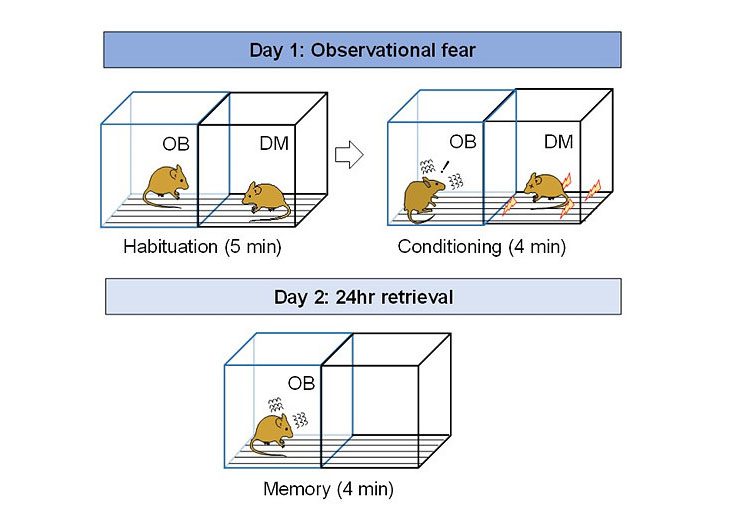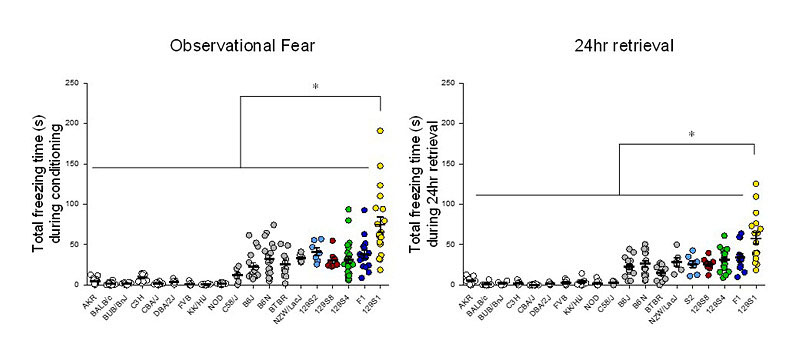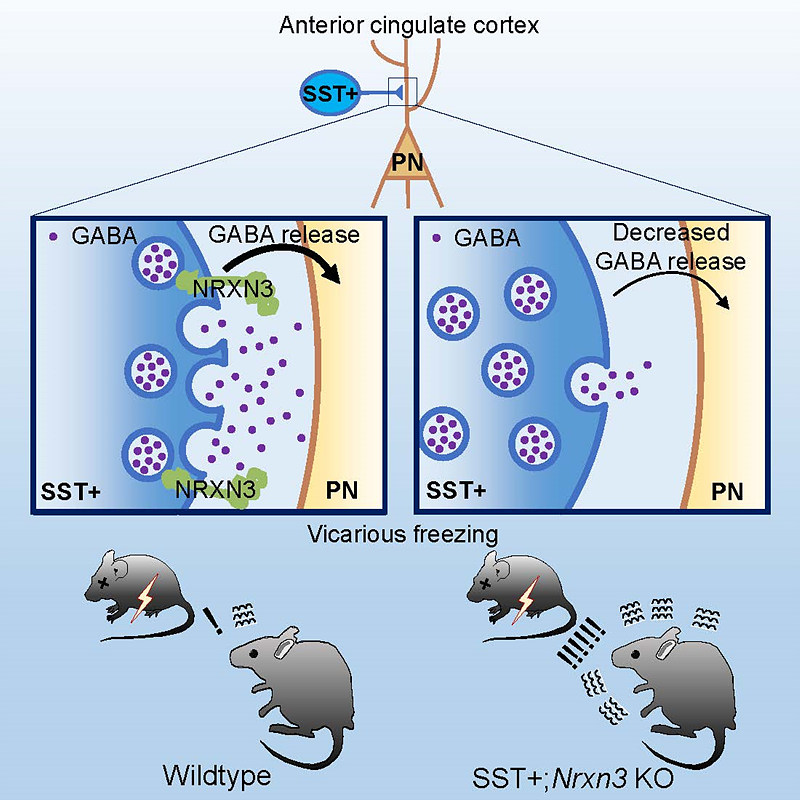주메뉴
- About IBS 연구원소개
-
Research Centers
연구단소개
- Research Outcomes
- Mathematics
- Physics
- Center for Underground Physics
- Center for Theoretical Physics of the Universe (Particle Theory and Cosmology Group)
- Center for Theoretical Physics of the Universe (Cosmology, Gravity and Astroparticle Physics Group)
- Dark Matter Axion Group
- Center for Artificial Low Dimensional Electronic Systems
- Center for Theoretical Physics of Complex Systems
- Center for Quantum Nanoscience
- Center for Exotic Nuclear Studies
- Center for Van der Waals Quantum Solids
- Center for Relativistic Laser Science
- Chemistry
- Life Sciences
- Earth Science
- Interdisciplinary
- Center for Neuroscience Imaging Research (Neuro Technology Group)
- Center for Neuroscience Imaging Research (Cognitive and Computational Neuroscience Group)
- Center for Algorithmic and Robotized Synthesis
- Center for Nanomedicine
- Center for Biomolecular and Cellular Structure
- Center for 2D Quantum Heterostructures
- Institutes
- Korea Virus Research Institute
- News Center 뉴스 센터
- Career 인재초빙
- Living in Korea IBS School-UST
- IBS School 윤리경영


주메뉴
- About IBS
-
Research Centers
- Research Outcomes
- Mathematics
- Physics
- Center for Underground Physics
- Center for Theoretical Physics of the Universe (Particle Theory and Cosmology Group)
- Center for Theoretical Physics of the Universe (Cosmology, Gravity and Astroparticle Physics Group)
- Dark Matter Axion Group
- Center for Artificial Low Dimensional Electronic Systems
- Center for Theoretical Physics of Complex Systems
- Center for Quantum Nanoscience
- Center for Exotic Nuclear Studies
- Center for Van der Waals Quantum Solids
- Center for Relativistic Laser Science
- Chemistry
- Life Sciences
- Earth Science
- Interdisciplinary
- Center for Neuroscience Imaging Research (Neuro Technology Group)
- Center for Neuroscience Imaging Research (Cognitive and Computational Neuroscience Group)
- Center for Algorithmic and Robotized Synthesis
- Center for Nanomedicine
- Center for Biomolecular and Cellular Structure
- Center for 2D Quantum Heterostructures
- Institutes
- Korea Virus Research Institute
- News Center
- Career
- Living in Korea
- IBS School
News Center
| Title | Gene Variant Increases Empathy-Driven Fear in Mice | ||
|---|---|---|---|
| Embargo date | 2018-04-20 01:00 | Hits | 3386 |
| Research Center |
Center for Cognition and Sociality |
||
| Press release | |||
| att. | |||
Gene Variant Increases Empathy-Driven Fear in Mice- A small difference in a gene affecting brain circuitry explains variations in empathic fear among different inbred mice strains. As empathy is evolutionarily conserved from rodents to humans, the study brings new insights into the workings of the mammalian brain in social behavior. - Researchers at the Center for Cognition and Sociality, within the Institute for Basic Science (IBS), have just published in Neuron about a genetic variant that controls and increases empathy-driven fear in mice. As empathy is evolutionarily conserved from rodents to humans, this finding might contribute to clarify individual variability in neuropsychiatric conditions characterized by empathic impairment, such as autism, psychopathy and schizophrenia. Empathy is the capacity to understand and share another's emotions, such as joy, sorrow, or fear, which can motivate compassion, sympathy, and altruism. However, since empathy is a complex social phenomenon, its genetic and neurological roots are not easy to explain. Recently it was discovered that the essence of empathy is unchanged from rodents to humans. Rats and mice possess a remarkable affective sensitivity to the emotional state of their peers; they are distressed by others’ pain and show consolation behavior. For this study, the researchers analyzed the empathic behavior of mice towards fear. “Fear is a key instinct, as predicting danger is key to survival. It is not acquired only by directly experiencing a dangerous event, but also by observing others in threatening circumstances,” explains KEUM Sehoon, the first author of the study. IBS scientists used observational fear tests, where mice observe other mice receiving a mild electric shock to their feet, and behave as if they received the shock themselves. It is believed that this demonstration of observational fear in rodents could match some characteristics of affective empathy in humans.
In this study, the research team compared 18 strains of mice commonly used in laboratories, and found they had different responses in the observational fear test. In particular, one strain (129S1) was significantly more empathic than the others. After sequencing their genomes, the scientists were able to pinpoint to a gene variant of neurexin 3 (Nrxn3) - a protein that helps to connect neurons, evolutionary conserved among vertebrates, and abundant in the cortex of the brain. Moreover, when the scientists artificially introduced the variant in mice with a normal level of empathic fear, the rodents’ behavior in the test changed noticeably as they became more empathic.
The researchers noted that specific neurons in a region of the cerebral cortex, known as anterior cingulate cortex (ACC), played a key role in the observational fear. The ACC has already been implicated in fundamental cognitive processes, including affective emotion, social cognition, and empathic response of pain and fear in mice and humans. The gene variation affects the somatostatin (SST+) type inhibitory neurons of the ACC. The cortex is known to process complex signals coming from various regions of the brain via excitatory and inhibitory neurons. The SST+ neurons reduce the activity of neighboring neurons, called pyramidal cells, by releasing the inhibitory neurotransmitter (GABA). Nrxn3 has distinct functions in different parts of the brain, and this is the first study to identify its role in the SST+ neurons in the ACC in controlling rodents’ social behavior. The scientists showed that Nrxn3 is required for ACC’s SST+ neurons to accomplish their inhibitory function. When the gene is removed, SST+ neurons released less GABA to the neighboring pyramidal neurons, causing elevated observational fear response.
“This is the first report identifying a gene variant and associated neurophysiological mechanisms that control empathy-related neural circuits at a cellular and molecular level,” explains Keum. “Studying genetic determinants of empathy will hopefully provide novel targets for therapeutic intervention in mental disorders.” The team is keen to clarify how activities of SST+ neurons in the ACC are functionally associated with different degrees of observational fear. And, whether Nrxn3-dependent SST+ neurons control other types of empathy-related behaviors, such as emotional contagion of pain, consolation, or prosocial helping behaviors. Letizia Diamante Notes for editors - References - Media Contact - About the Institute for Basic Science (IBS) |
|||
|
|
|||
| Next | |
|---|---|
| before |
- Content Manager
- Communications Team : Kwon Ye Seul 042-878-8237
- Last Update 2023-11-28 14:20














